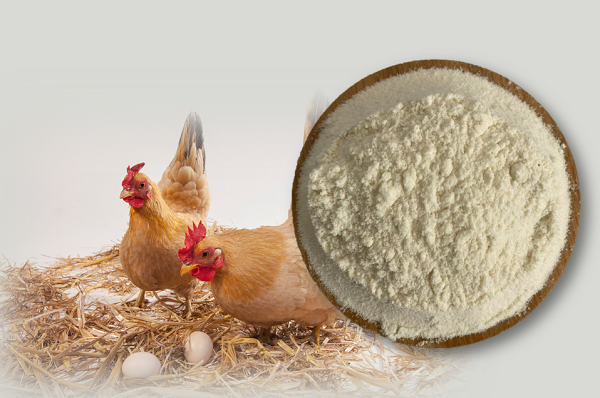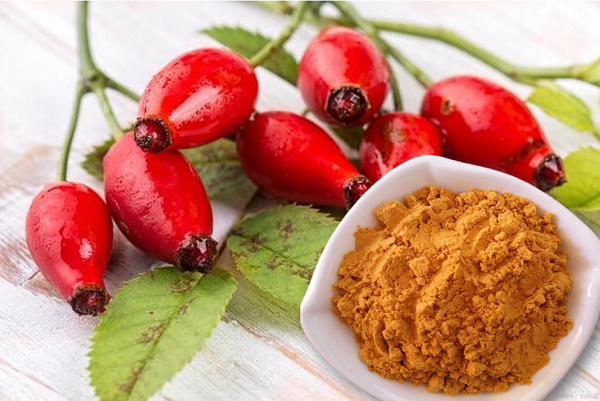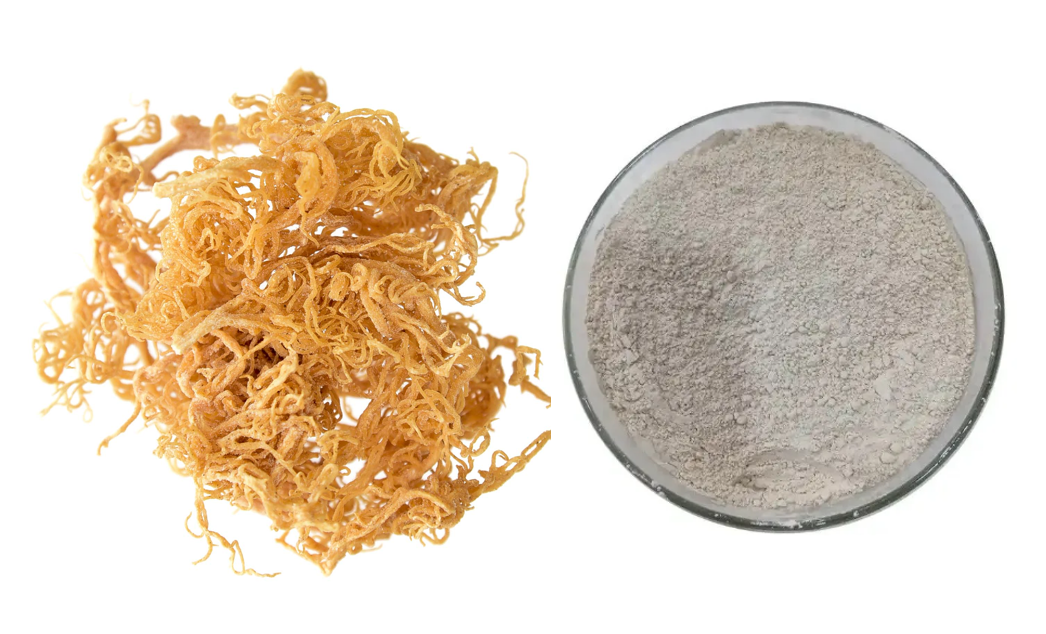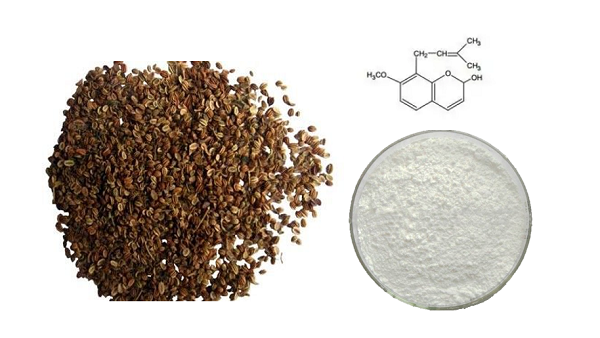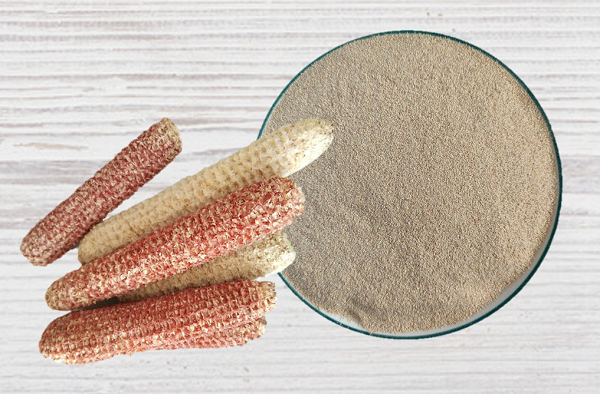Follow Us:
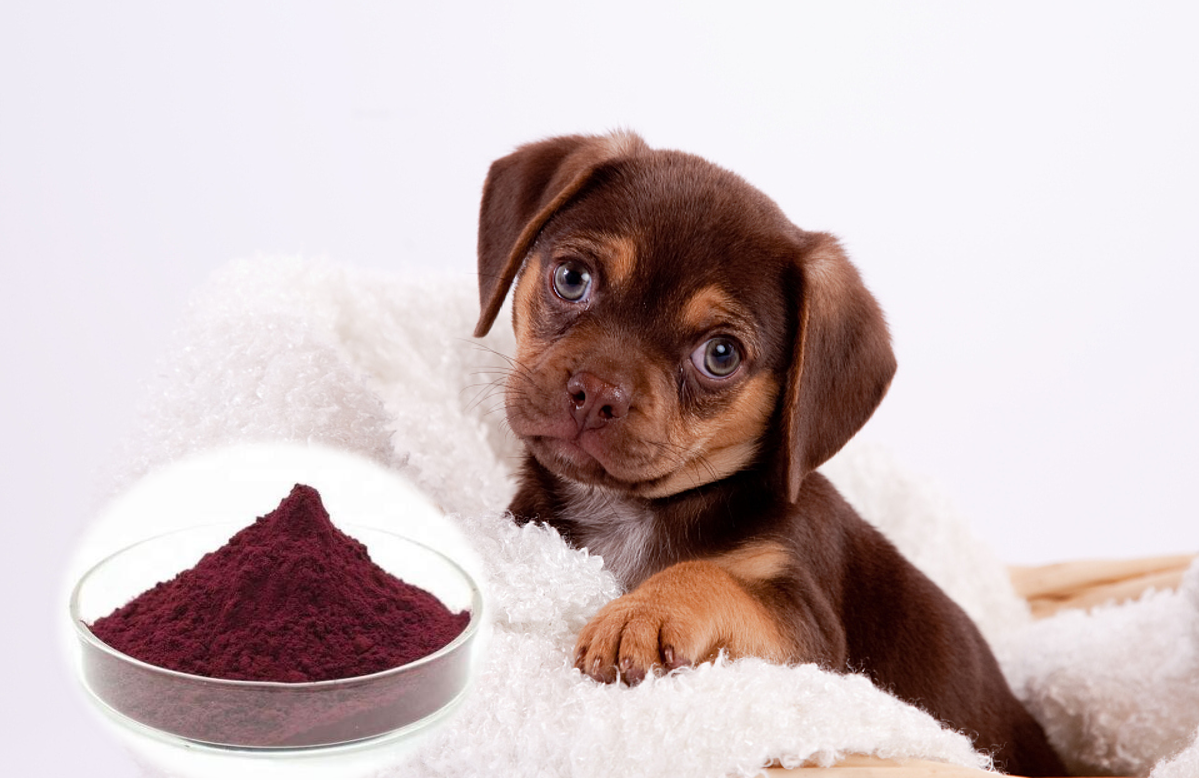
Is Astaxanthin Safe for Dogs
I believe that many pet owners, like me, are very concerned about the dietary health of our dogs. At present, many pet owners are curious, is astaxanthin safe for dogs? What is astaxanthin? As an astaxanthin manufacturer, it is crucial to provide clear and comprehensive information about the safety and benefits of astaxanthin for dogs. In this blog, I will answer these questions.
What is Astaxanthin?
Astaxanthin is a powerful antioxidant belonging to a class of compounds called carotenoids. It’s naturally found in certain algae, yeast, and seafood, particularly in crustaceans like shrimp and crab, as well as in fish like salmon and trout.
It has a variety of health benefits, including promoting eye health, protecting the skin from UV damage, reducing inflammation, and improving athletic performance. Due to its antioxidant properties, it helps fight oxidative stress in the body, so it is not only beneficial for humans but also for animals. Astaxanthin is used as a dietary supplement for human, animal, and aquaculture consumption. The US Food and Drug Administration has approved astaxanthin as a food coloring (or color additive) for specific uses in animal and fish foods.
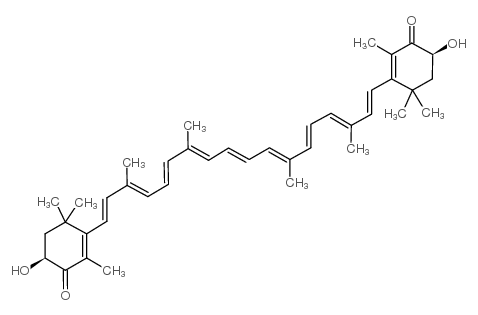
Physicochemical Parameters:
Chemical Formula: C40H52O4
Molecular Weight: 596.84 g/mol
Appearance: Red powder
Solubility: Soluble in ethanol, acetone, and oils (lipophilic)
Melting Point: Approximately 210–215 °C
Boiling point: 774 ℃
UV-Vis Absorption: Strong absorption in the UV and visible light range, particularly around 470 nm.
pKa Values: Not well defined, but astaxanthine has weak acidic properties due to the presence of hydroxyl groups.
Stability: Sensitive to light, heat, and oxygen; it can degrade when exposed to these conditions.
Is Astaxanthin Safe for Dogs?
Yes, astaxanthin is generally safe for dogs when given in the correct dosages and under the guidance of a veterinarian. The antioxidant has been studied in various animal species, including dogs, and has shown positive results in improving health and supporting overall well-being.
Astaxanthin Benefits for Dogs
Astaxanthin offers a variety of health benefits that can be particularly advantageous for dogs:
- Powerful Antioxidant Properties: Astaxanthin is known to be one of the most potent antioxidants available, even more so than vitamins C and E. It helps combat oxidative stress, which can lead to chronic diseases and accelerate aging in dogs.
- Supports Joint Health: Many dogs, especially older ones, suffer from joint issues. Carotenoid pigment may help reduce inflammation and improve joint mobility, making it easier for dogs to stay active.
- Enhances Skin and Coat Health: A dog’s skin and coat can reflect its overall health. Astaxanthin can promote a healthy coat, reduce itching and inflammation, and improve skin conditions.
- Boosts Immune Function: A strong immune system is vital for a dog’s health. Astaxanthin has been shown to enhance immune responses, helping dogs fight off infections and illnesses more effectively.
- Improves Eye Health: Dogs can suffer from various eye issues as they age. Astaxanthin may help protect against oxidative damage to the eyes and support overall vision health.
- Promotes Cardiovascular Health: Astaxanthin can help reduce oxidative stress in the cardiovascular system, potentially lowering the risk of heart disease in dogs.

Astaxanthin Dosage for Dogs
The appropriate dosage of astaxanthin can vary based on the dog’s size, age, and health condition. General guidelines suggest:
- Small Dogs (up to 20 lbs): 2 mg per day
- Medium Dogs (21-50 lbs): 4 mg per day
- Large Dogs (51 lbs and above): 8 mg per day
Potential Side Effects
While astaxanthin is considered safe, some dogs may experience mild side effects, including:
- Gastrointestinal Upset: Some dogs may have sensitive stomachs and experience mild diarrhea or vomiting. If this occurs, it’s advisable to reduce the dosage or discontinue use.
- Color Changes: Astaxanthin is a pigment, and in some cases, it may cause a temporary change in the color of your dog’s urine or stool, which is harmless.
- Allergic Reactions: Although rare, some dogs may be allergic to astaxanthin or its source. Signs of an allergic reaction may include itching, swelling, or difficulty breathing. If you notice these symptoms, discontinue use immediately and contact your veterinarian.
How to Choose the Right Astaxanthin Supplement for Your Dog
When selecting an astaxanthin supplement for your dog, consider the following factors:
Source: Look for products derived from natural sources, such as microalgae. Synthetic astaxanthin may not provide the same benefits.
Purity and Quality: Ensure the product is free from harmful additives, fillers, and contaminants. Look for third-party testing or certifications that confirm quality.
Form: Astaxanthin is available in various forms, including soft gels, powders, and treats. Choose a form that your dog will readily accept.
Manufacturer Reputation: Opt for reputable brands with positive reviews and a transparent manufacturing process.
Incorporating Astaxanthin into Your Dog’s Diet
Introducing astaxanthin into your dog’s diet can be done in several ways:
- Supplements: These can be given directly according to the dosage recommended by your veterinarian.
- Dog Treats: Many companies offer dog treats infused with astaxanthin, making it a tasty way to provide your dog with this beneficial antioxidant.
- Homemade Dog Food: If you prepare homemade meals for your dog, consider adding astaxanthin powder to their food. Again, consult your veterinarian for the appropriate dosage.

Where to Buy Astaxanthin?
GREEN AGRI is a plant extract manufacturer with 20 years of experience. We specialize in producing natural astaxanthin powder for sale. Just send an email to info@greenagribio.com to get bulk astaxanthin.
Products Guarantee:
- Have ISO, FDA, HALAL, KOSHER, FSSC22000 certifications;
- Manufacturing Process Optimization;
- U.S Warehouse Service;
- Flexible QC Solution;
- 30% Cost Saving;
- 13 patents.
Service:
- We serve agents, distributors, traders, B2B customers;
- Support for Amazon business, Small business friendly;
- Support sending samples;
- 1-by-1 Product Inspection;
- Support COA Request;
- Competitive Prices.
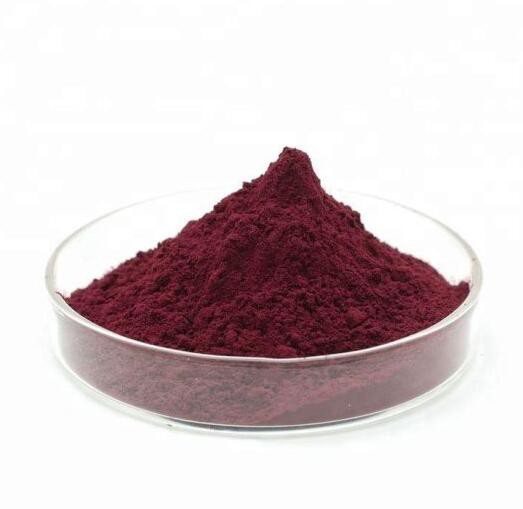
Conclusion
Astaxanthin is a powerful antioxidant that can provide numerous health benefits for dogs, from supporting joint health to enhancing skin and coat quality. When sourced from reputable manufacturers and given in appropriate dosages, astaxanthin is considered safe for dogs. However, it is always essential to consult with a veterinarian before introducing any new supplement into your pet’s diet.













